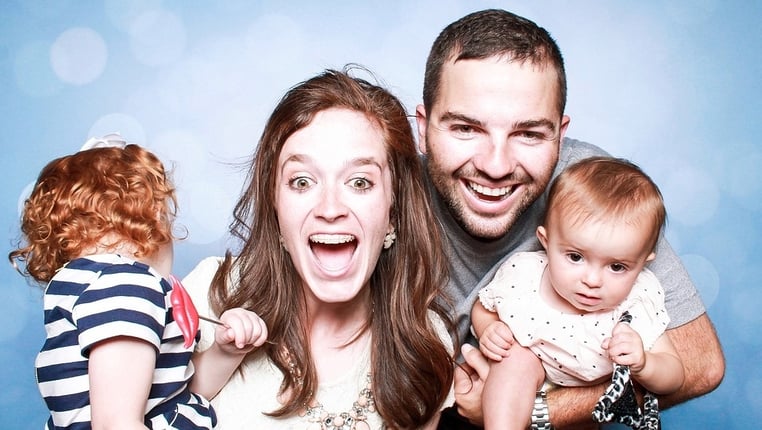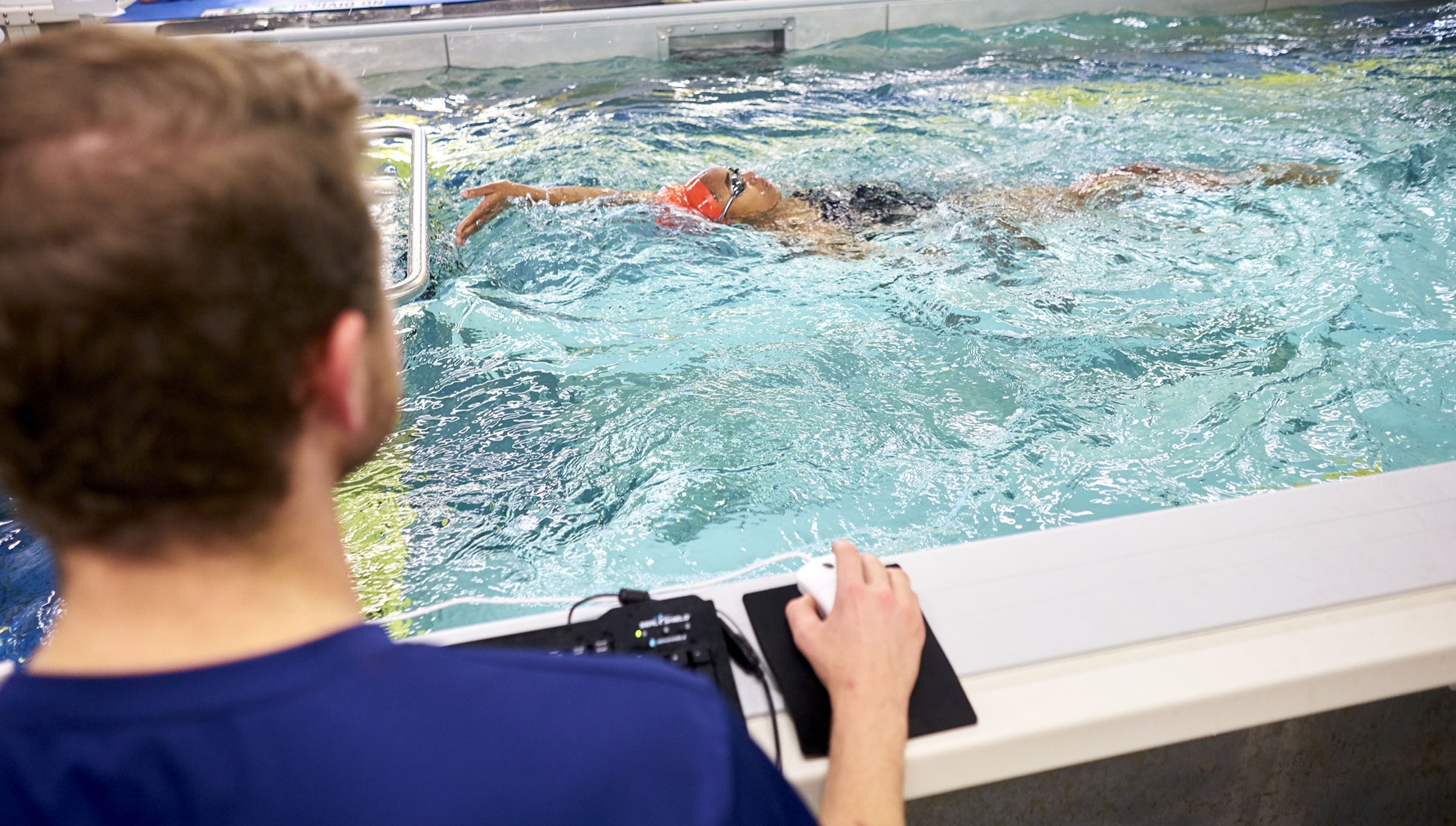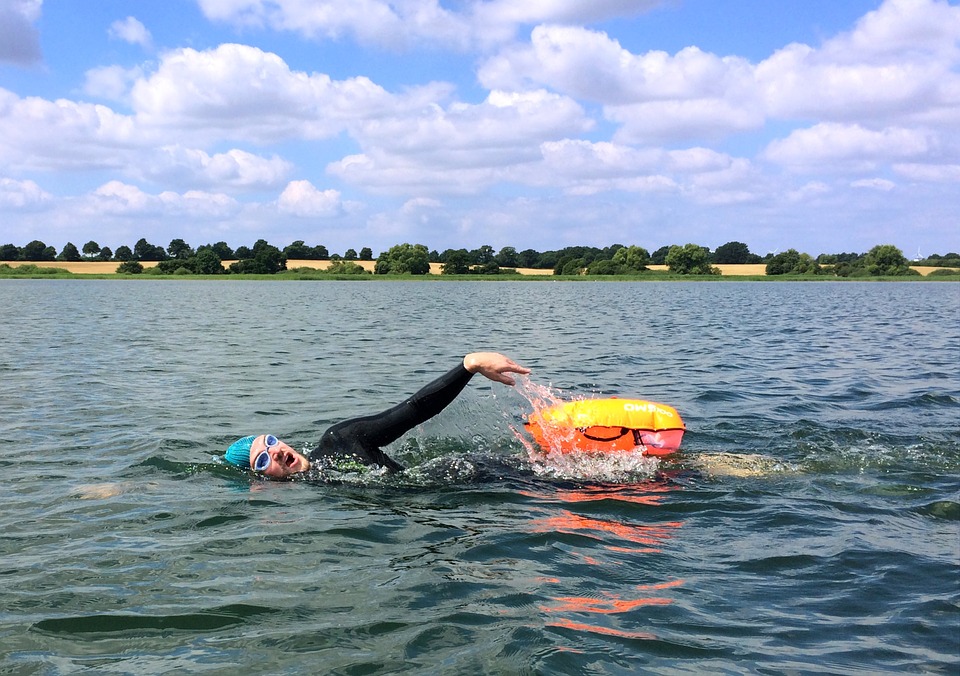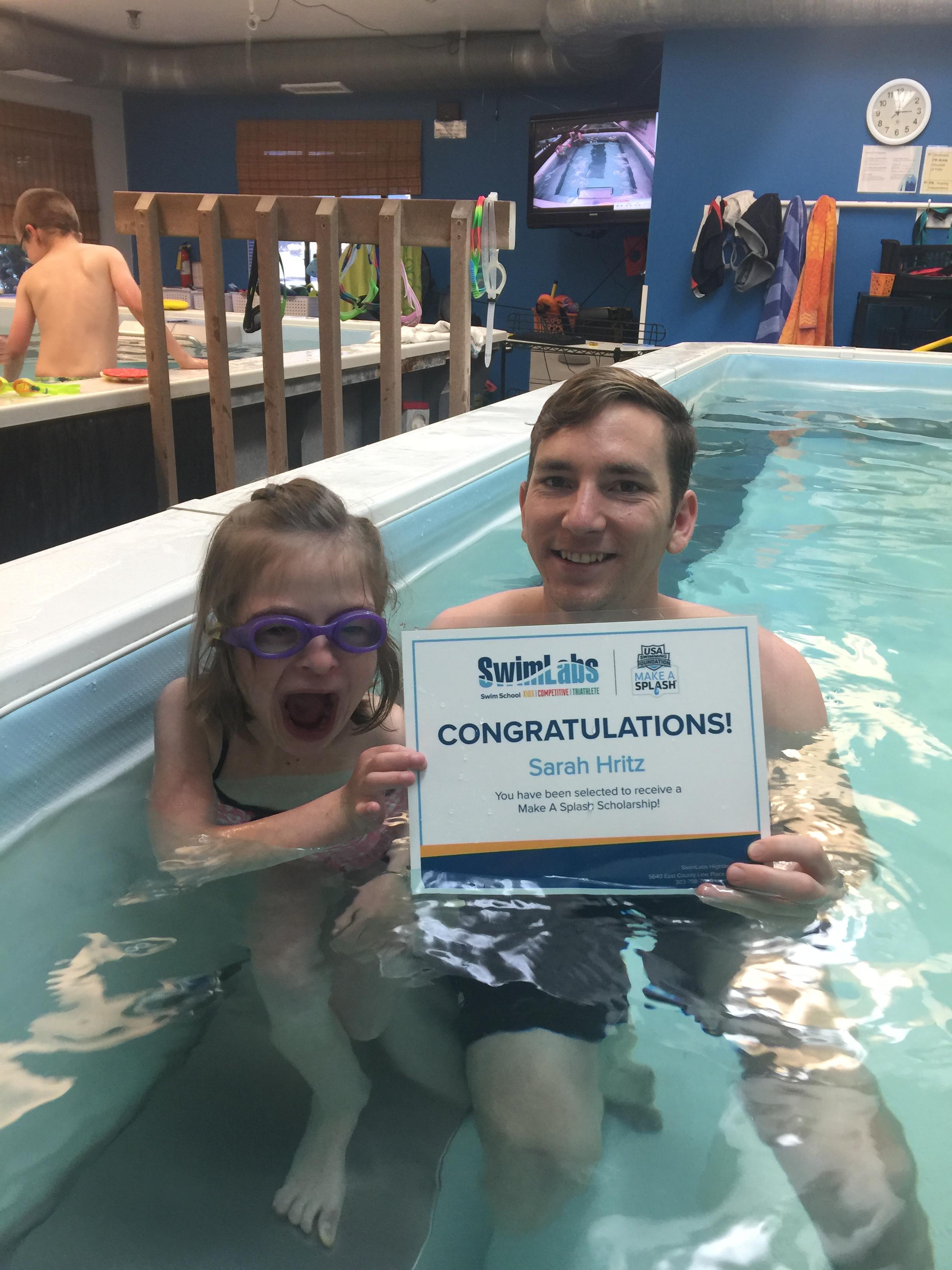Swim Skill Tips: Start Now For Race Performance This Season
In my work, teaching and coaching go hand in hand. I teach skills and coach how to apply them over time to reach your goals and dreams. When asked...


{Disclaimer: The following information is informative and is in no way advice in behavior management therapy, nor in diagnosing. The following are tools and examples that I have learned in my training under the supervisor of a Physician / BCBA.}
I have been working in the field of Behavioral health and sciences for 10 years. I recently graduated from California State Fullerton receiving her Bachelors of Science studying Communicative Disorders with the focus of behavioral traits of Autism. I’ve worked in vast range of settings, initially started my career through the Regional Center of Orange County. After 4 years of dedication, I then moved forward to a private practice focusing on early intervention. I and other behavioral therapist helped implement new therapy technics off the therapeutic foundations of PECS program therapy and DTT training under the close supervision of many BCBA therapists. My latest challenge yet was becoming a behavioral coach for adults with learning disabilities where I worked diligently under my BCBA supervisor to further mainstream and acclimate adults with learning disabilities into our community.

How long have you been providing therapy for kids with ADHD?
I have worked with children with special needs (specifically ones with Autism and ADHD) for about 10 years.
We hear lots of descriptions of ADHD. What is it, really?
There are many different interpretations of ADHD, the following is best description (I feel); As quoted by my resources,:
“Attention-deficit/hyperactivity disorder (ADHD) is a brain disorder marked by an ongoing pattern of inattention and/or hyperactivity-impulsivity that interferes with functioning or development.
- National Institute of Mental Health 2018
I would have to say the most common behavior characteristics would be: Inattention!
“People with symptoms of inattention may often:
In regards to identifying it early through early intervention, it can be tricky. For Example, my commonly known symptom in preschool is hyperactivity. It is normal for a 2-4 year old to have inattention, and unfocused motor activity but for people with ADHD these behaviors are more severe, interfere with quality of life and occur more often compared to the peers.

From my experience and training, I feel that using positive language and reinforcements are key. It’s frustrating alone for the individual to not stay on task or struggle with daily activities. Another thing I find helpful when working with children with ADHD is creating a schedule. They need to be fully aware on what is to be expected. In doing this, also allow break. It is very difficult for children to stay on task, nonetheless a child with ADHD. If they are to be expected to complete a task, perhaps have them work on it for 5-10 minutes and then allow a break. These children want to feel successful. So why not allow them? Give them realistic and manageable goals.
My two favorite resources of information would be:
Also, if for any reason you wanted to reach out and get assistance, go to your child’s General Physician and ask questions, perhaps ask for a possible referral for testing. To this day, I have a lot of parents that have come to me for advice and guidance. The best I can do is informing them on what ADHD is, but the best advocate for them would be their physician, a local social worker or a BCBA (Board Certified Behavior Analyst).

If I could tell everyone one thing about ADHD it would be: “BE PATIENT!”
Even with all the tools, support, and therapy. These children will still have ADHD. The professionals are there to help and assist in a better quality of life. They will teach those skills and tools to learn how to not be limited by their disorder. Never limit a child with ADHD, they can achieve anything. They may not take the same road as others, but they have the capability of conquering any goal. My favorite quote that I learned in my training and undergrad is:
“If a child can’t learn the way we teach, maybe we should teach the way they learn.” -Ignacio Estrada

In my work, teaching and coaching go hand in hand. I teach skills and coach how to apply them over time to reach your goals and dreams. When asked...

A recent case study reported in the British Medical Journal and subsequently made into an episode of the BBC documentary series, “The Doctor Who Gave...

USA Swimming Foundation awards a number of grants to learn-to-swim programs around the country in efforts to bring swimming lessons and water safety...

Visit our Water Safety Blog for expert advice, family tips, and more!